
CHINESE ENTREPRENEUR
03
专访陈伟富
Interview with Edy Tan Wei Hock
16
专访马来西亚中华总商会(中总)总会长拿督吴逸平硕士
Interview with ACCCIM President Datuk Ng Yih Pyng














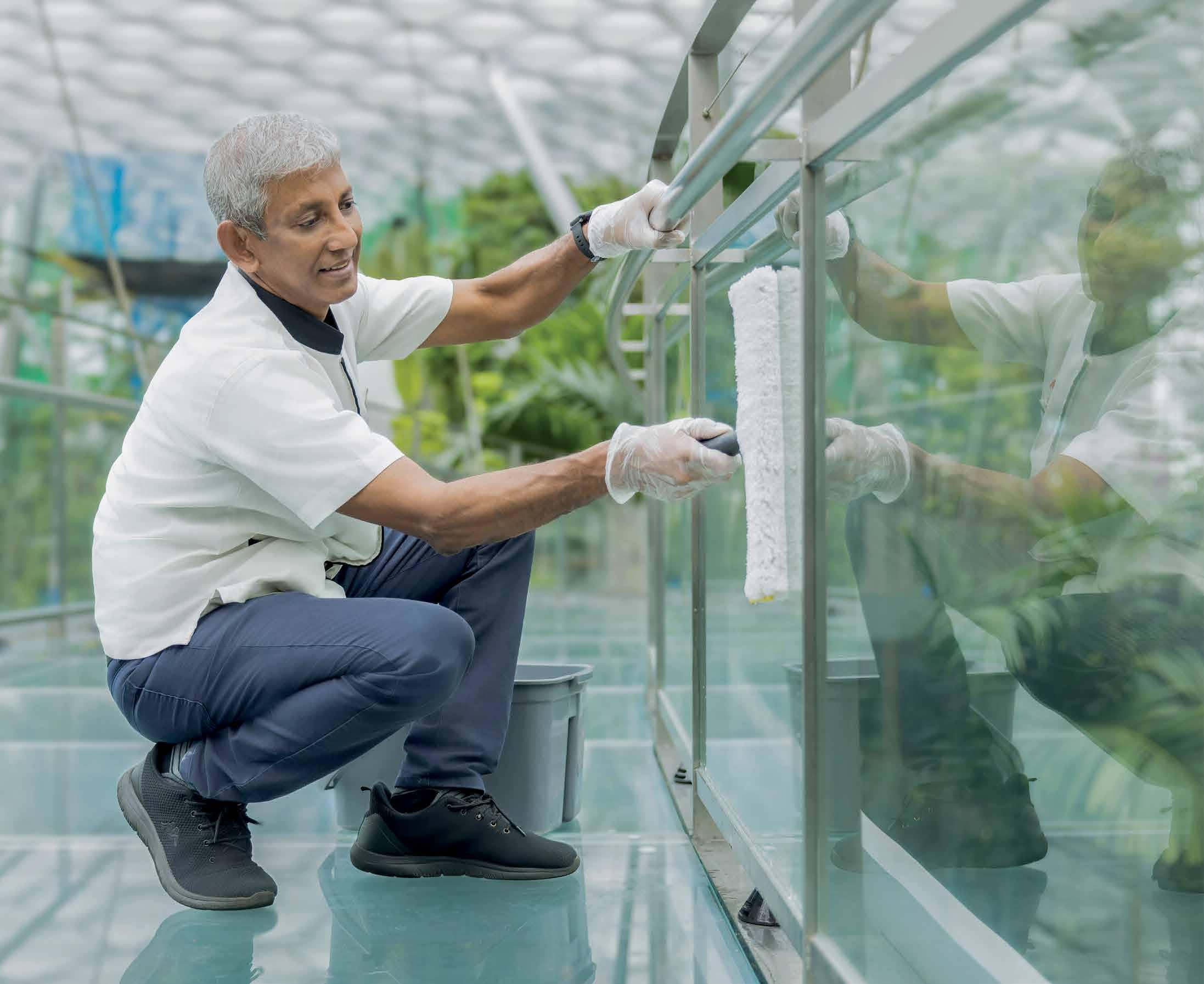
















































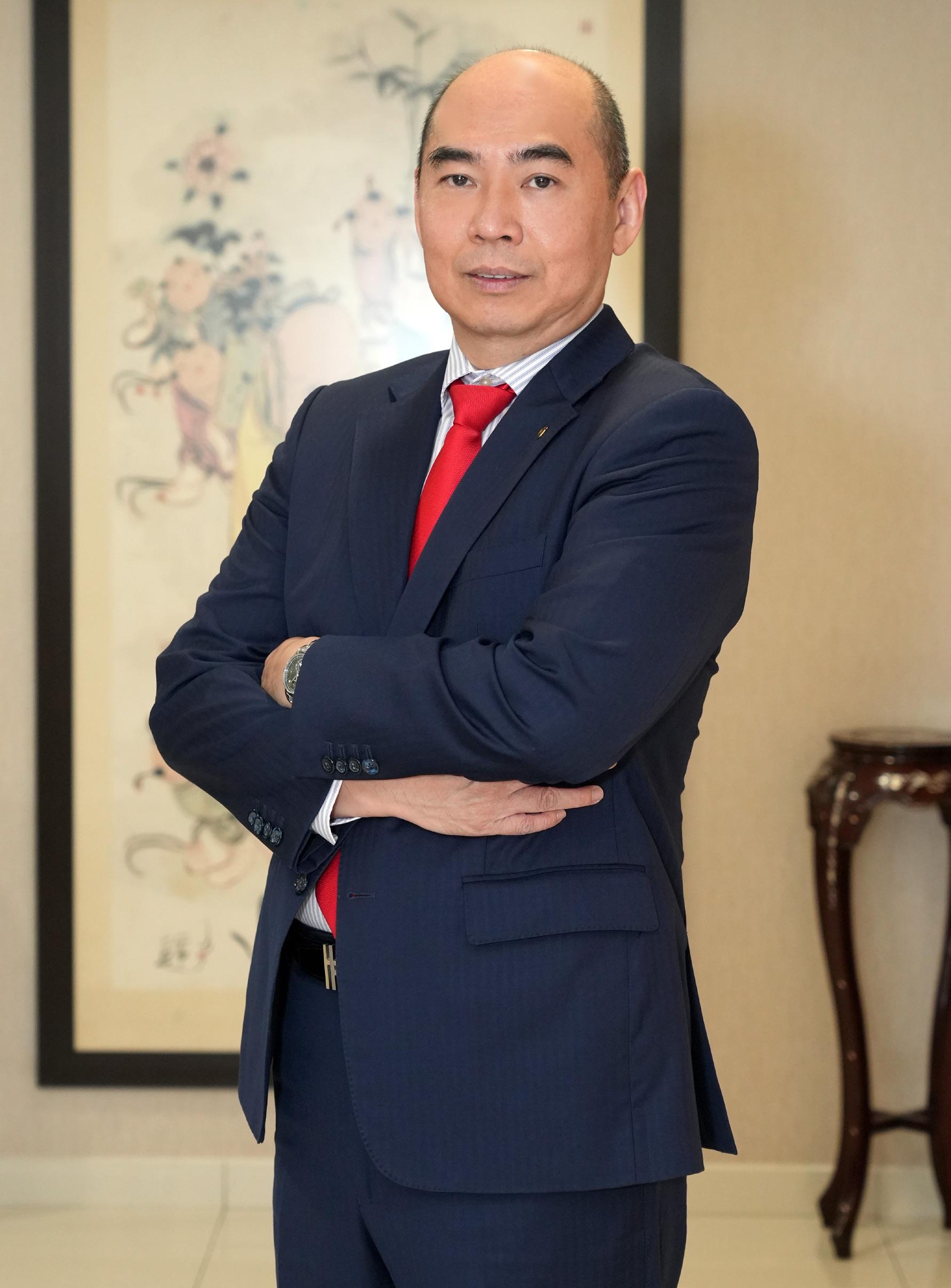


































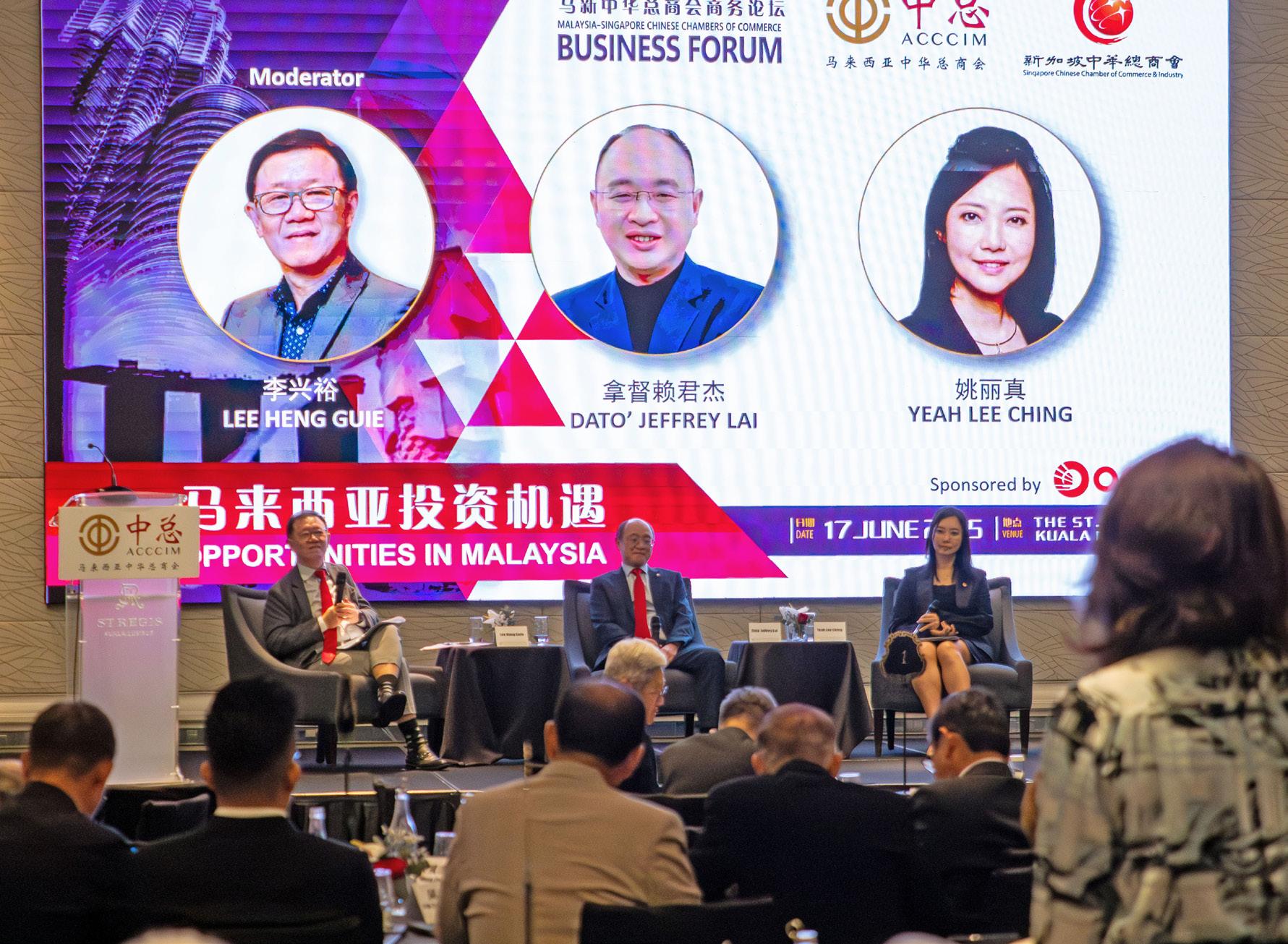











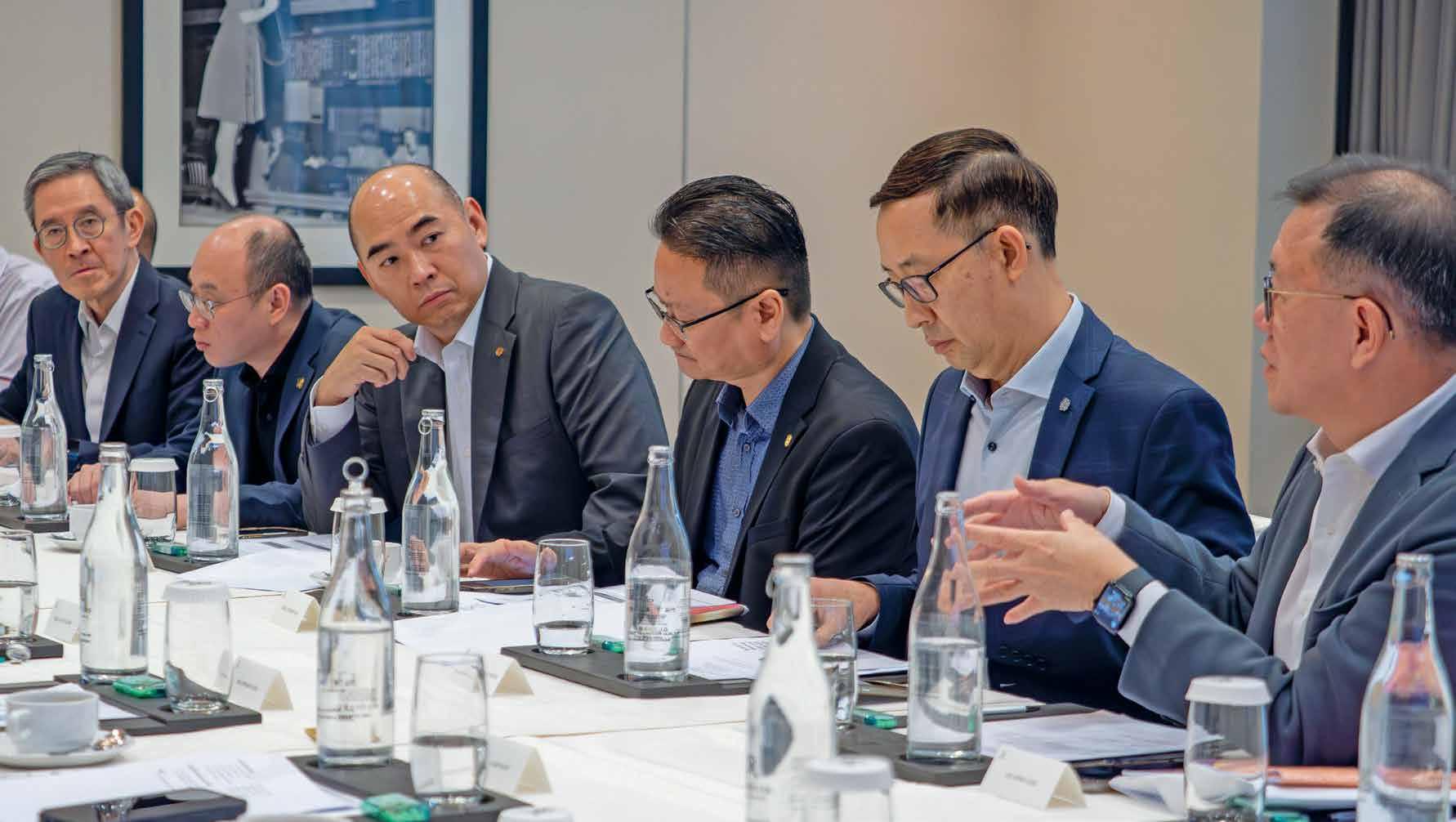


































































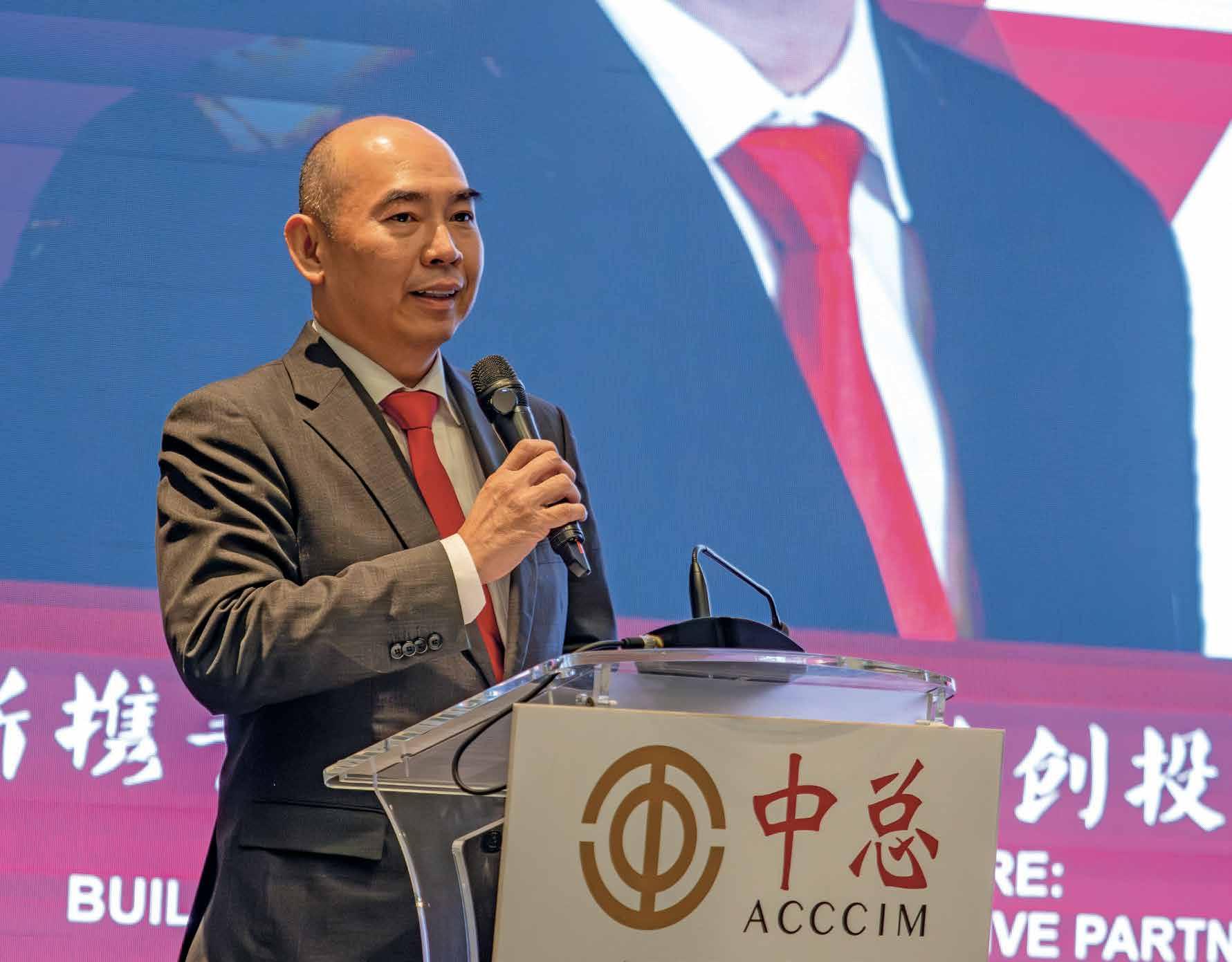














































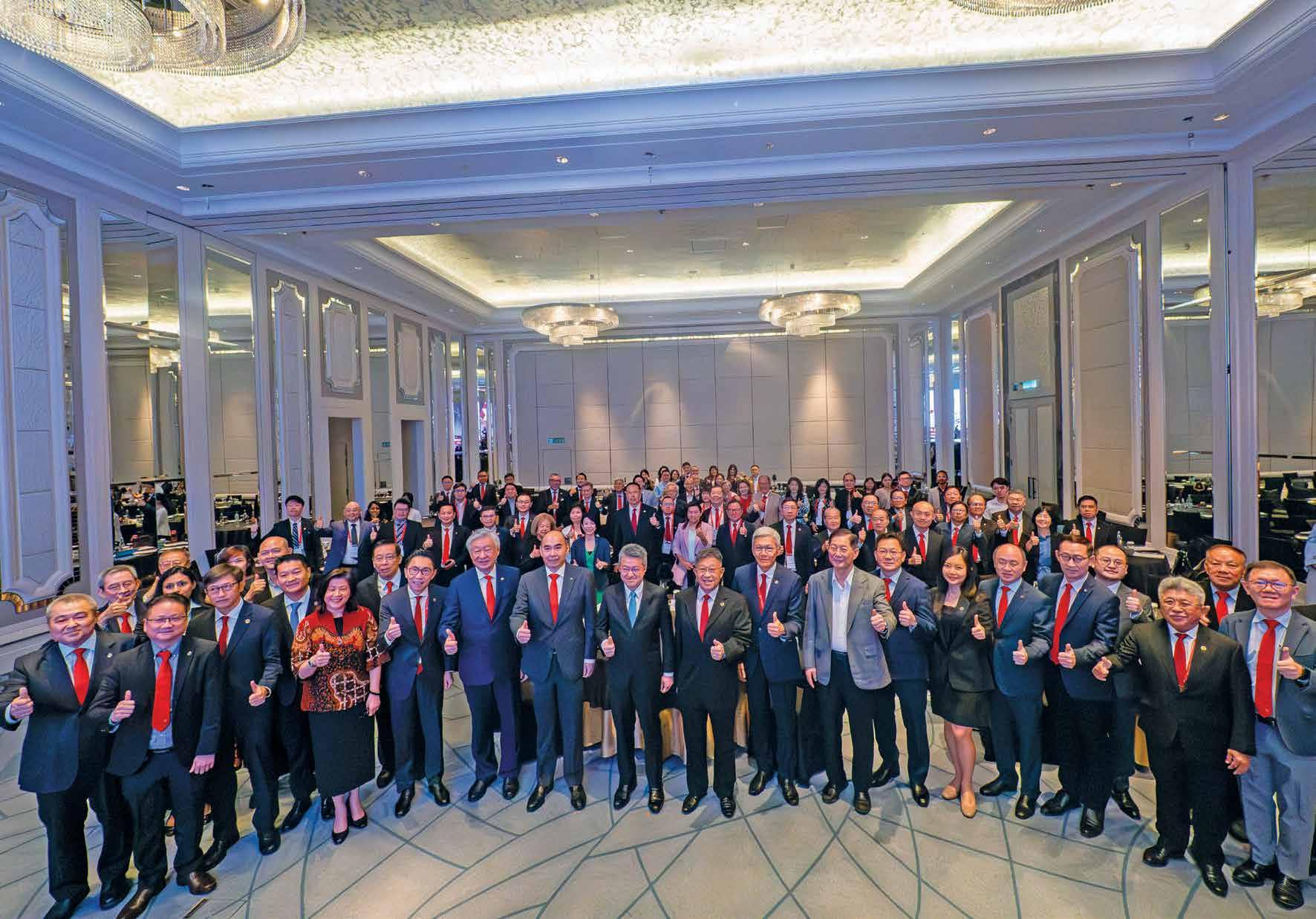







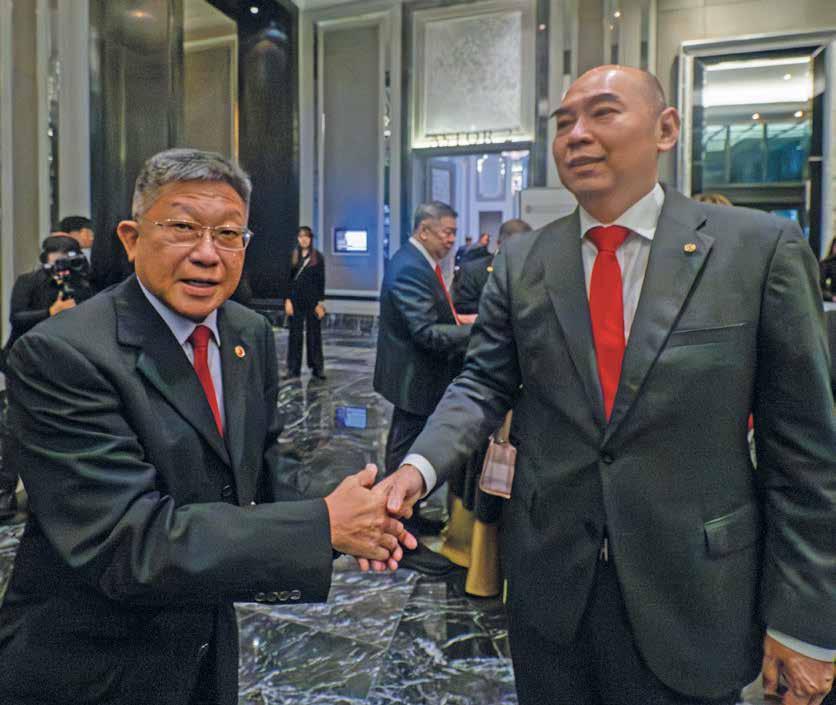



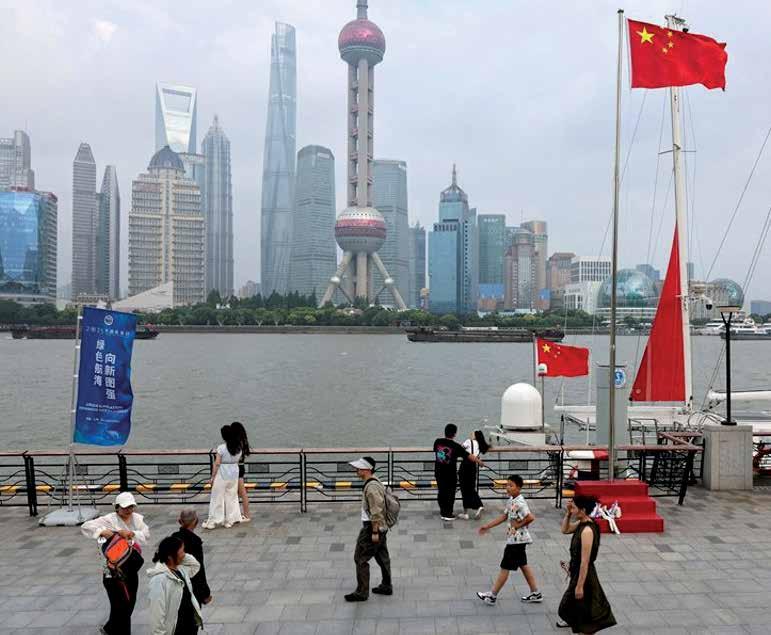


03
专访陈伟富
Interview with Edy Tan Wei Hock
16
专访马来西亚中华总商会(中总)总会长拿督吴逸平硕士
Interview with ACCCIM President Datuk Ng Yih Pyng













































































































































































































































Despite China’s economic growth above market expectations for Q2 2025, analysts remain pessimistic amid the poor showing for consumer demand and the real estate sector. Lianhe Zaobao China news correspondent Yush Chau and journalist Meng Dandan find out more.


Amid the looming shadow of the China-US trade war, China’s economy grew 5.2% in Q2 2025, slightly higher than market expectations. Although economic growth for the first half of the year was at 5.3%, economists forecast a significant slowdown in China’s economic momentum for the second half of the year. In the face of weak domestic demand and escalating global trade risks, there is increased pressure on Beijing to introduce a new round of stimulus.
China’s National Bureau of Statistics (NBS) released the latest economic data on 15 July, showing GDP growth of 5.2% year-onyear in Q2 2025. This marked a slowdown from 5.4% in Q1, but slightly above the 5.1% predicted by Reuters and Bloomberg. During a press conference, Sheng Laiyun, deputy director of NBS, described the Chinese economy in the first half of 2025 as “maintaining steady growth with good momentum, showcasing strong resilience and vitality”.
Specifically, China’s value-added industrial output for enterprises above designated size increased 6.8% year-onyear in June, up 1 percentage point from May and better than the forecast of 5.6% by economists. However, total retail sales of consumer goods in June only grew by 4.8% year-on-year, a slowdown of 1.6 percentage points from May, indicating a decline in consumer momentum beyond market expectations.


YUSH CHAU
China news correspondent, Lianhe Zaobao
MENG DANDAN Journalist, Lianhe Zaobao
Beijing Bureau
Translated by James Loo, Grace Chong, Candice Chan
According to Bloomberg’s analysis, sales of consumer goods such as beverages, tobacco, alcohol and cosmetics declined year-on-year in June, and the growth of catering services also slowed considerably, dragging down overall consumer performance. Nevertheless, the sale of home appliances, communication equipment and furniture maintained its strong growth due to government subsidies.
Consumption is the main driver of China’s GDP growth, with officials stating that final consumption expenditure contributed 52% to economic growth in the first half of the year.
Michelle Lam, Greater China economist at Societe Generale, opined that even as China’s GDP growth exceeded expectations, its economic fundamentals leave much to be desired. The current situation showed a pattern of “strong supply, weak domestic demand”, and export resilience is unlikely to last over the long term.
... besides the uncertainties China’s economy faces due to the China-US trade war, protracted unresolved tariff issues between the US and other countries would further exacerbate the global trade slowdown and indirectly impact China’s economy. — Tommy Xie, Head of research for the Greater China region, OCBC Bank
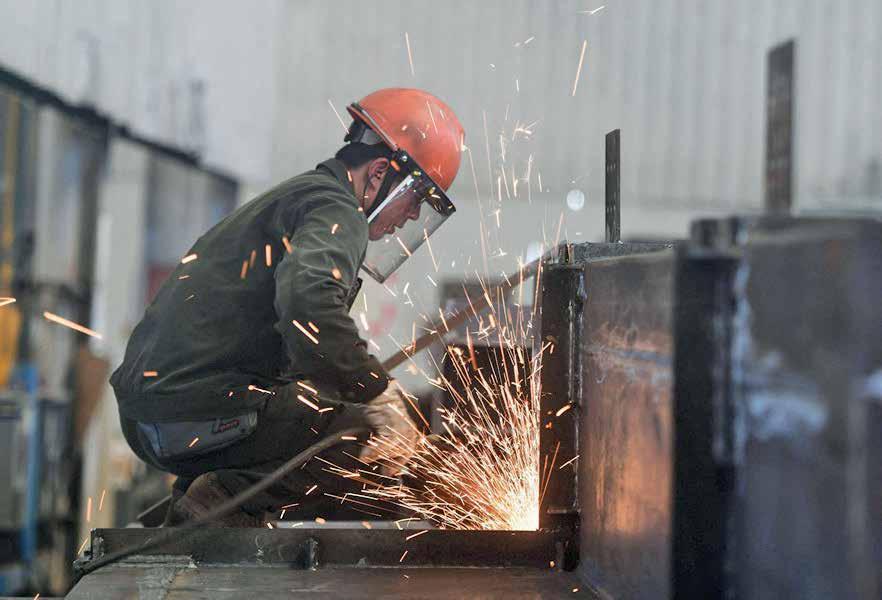
Tommy Xie, head of research for the Greater China region at OCBC Bank, told Lianhe Zaobao that exports and trade were the core factors spurring China’s GDP in the first half of the year. Moving into the second half, besides the uncertainties China’s economy faces due to the China-US trade war, protracted unresolved tariff issues between the US and other countries would further exacerbate the global trade slowdown and indirectly impact China’s economy.
Since US President Donald Trump announced the reciprocal tariffs in April, the US has reached various framework agreements with the UK, China and Vietnam. Currently, the US is pressuring trade partners such as the European Union and Canada to secure deals before new tariffs take effect on

1 August. Meanwhile, China and the US are in a 90day pause that is set to expire on 12 August, with no new tariff rates agreed upon yet.
Lynn Song, ING chief economist for Greater China, assessed that while China and the US are unlikely to return to the peak tariff rates seen in April, the risk of further escalation remains. “This uncertainty will most likely continue to cap investment growth and weigh on overall confidence,” he noted.
Latest statistics also show that China’s fixedasset investment grew 2.8% year-on-year in the first half of the year, slowing from 3.7% in the first five months. Infrastructure and manufacturing investment rose 4.6% and 7.5% respectively, but real estate development investment fell 11.2%, highlighting the persistent contraction in the property market.
The real estate market is closely linked to inflation trends, and with persistent sluggish prices, a continued downturn could trigger a negative feedback loop, where consumers expect further price drops and delay spending. Thus, achieving effective “reflation” will be key to future policy. — Xie
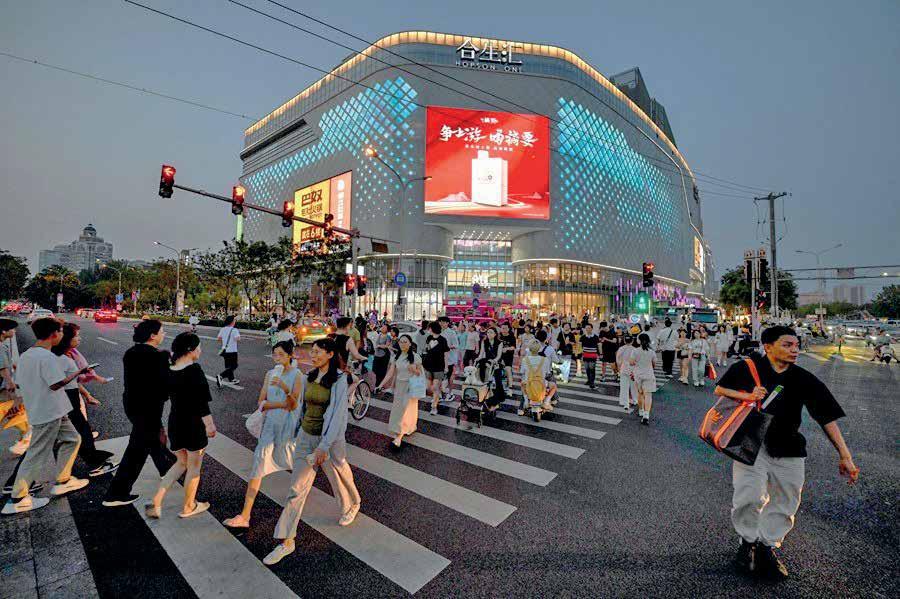
Xie noted that the momentum of the real estate recovery has weakened again, dragging on China’s economy. The real estate market is closely linked to inflation trends, and with persistent sluggish prices, a continued downturn could trigger a negative feedback loop, where consumers expect further price drops and delay spending. Thus, achieving effective “reflation” will be key to future policy.
Addressing questions about the economic outlook for the second half of the year, NBS’s Sheng stated at the press conference that despite considerable external uncertainties and internal pressures from structural
adjustments, GDP grew by 5.3% in the first half of the year, laying a solid foundation for meeting the annual growth target.
The Chinese Communist Party is set to hold a Politburo meeting in late July to assess the current economic situation and plan economic work for the second half of the year. Analysts suggest that due to weakening export momentum, persistent price declines and low consumer confidence, China’s economy will face greater downward pressure in the second half, making it challenging to achieve the official growth target of around 5% for the year.
Although Beijing has ramped up infrastructure spending and consumer subsidies, alongside steady monetary easing,
Reuters cited analysts who believe that if economic growth slows significantly, the government may further ramp up deficit spending. Meanwhile, some observers note that the first half’s economic performance has provided policymakers with more room to manoeuvre, making the official interpretation of the current economic situation a key focus of the upcoming Politburo meeting.
In June, China’s new home prices fell at the fastest monthly pace in eight months, as property investment slumped to a historic low of 11.2% year-on-year in the first six months.
According to data released on 15 July by the NBS, new home prices in 70 major
... current property policies largely follow the previous direction, with “few strong or new stimulus measures”. As a result, the effectiveness of these policies in supporting the market recovery is weakening, and the broader economic foundation is not particularly strong. —
Zhang Xiaoduan, Deputy Dean, Research Institute at Cushman & Wakefield

and medium-sized cities dropped by 0.3% month-on-month in June, widening by 0.1 percentage point compared with the previous month, while 56 cities saw a decline in new home prices, up from 53 in May. The secondhand housing market was equally sluggish, with prices falling in 69 cities, the worst performance since October of last year.
NBS’s Sheng said at the press conference that real estate sales are declining year-onyear in terms of volume and revenue. “This requires greater efforts to push the real estate market to halt the decline and return to stability,” he said.
The Chinese government has already introduced numerous measures to revive the real estate sector. Last month, Premier Li Qiang pledged at a State Council meeting to step up efforts to stabilise the property market and reverse its downturn. In September last year, a comprehensive package of real estate policies helped spark a recovery in the housing markets of several cities. However, the market cooled again in May this year, and residential sales continued to decline in June.
Zhang Xiaoduan, deputy dean of the Research Institute at Cushman & Wakefield, told Lianhe Zaobao that the declines in housing prices and sales in May and June are fluctuations typical of a market that is bottoming out, and do not signify a broader deterioration of the property sector.
She also emphasised the need for more supportive measures for the real estate sector. She noted that current property policies largely follow the previous direction, with “few strong or new stimulus measures”. As a
result, the effectiveness of these policies in supporting the market recovery is weakening, and the broader economic foundation is not particularly strong. Against this backdrop, she said, further stimulus will be needed to ensure a steady rebound in the market.
“... the government could purchase some of the unsold housing stock and repurpose it as subsidised housing or talent housing for young people. This approach could help support the stabilisation and recovery of the real estate market.”
— Associate Professor Gu
Qingyang, LKYSPP, NUS
Wang Qing, chief macro analyst at Golden Credit Rating, said real estate policies are likely to be further intensified in the second half of the year. The focus will be on increasing the acquisition of subsidised housing, advancing the renovation of dilapidated housing and urban villages, and accelerating loan disbursement for projects on the real estate “white list”. The few cities that still have home purchase restrictions are also expected to ease them further.
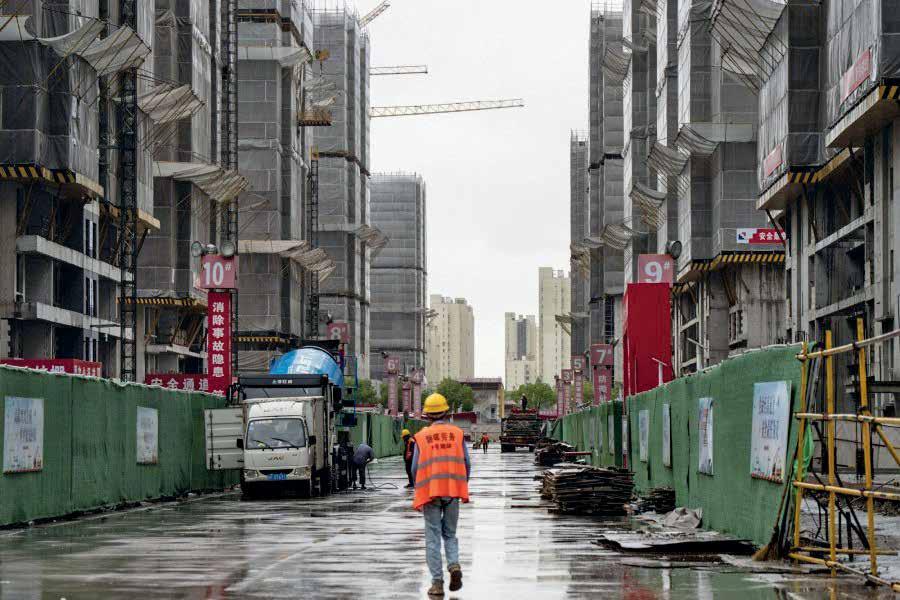
Gu Qingyang, an associate professor at the Lee Kuan Yew School of Public Policy (LKYSPP) at the National University of Singapore (NUS), told Lianhe Zaobao that the challenges in China’s real estate sector are not just about household income — the crux lies in expectations. He said, “People believe that housing prices may continue to fall, so they are holding back and waiting on the sidelines.”
To reverse public pessimism about the property market and quickly halt the downward spiral, he suggested that the Chinese government should step up its intervention, particularly by increasing direct government purchases of housing.
He said, “For example, the government could purchase some of the unsold housing stock and repurpose it as subsidised housing or talent housing for young people. This approach could help support the stabilisation and recovery of the real estate market.”

This article was first published in Lianhe Zaobao on 15 Jul 2025, and later in ThinkChina on 16 Jul 2025. ThinkChina is an English language e-magazine by Lianhe Zaobao. SCCCI collaborates with ThinkChina to cross-share content. www.thinkchina.sg




























































































































































































































































































































































































































































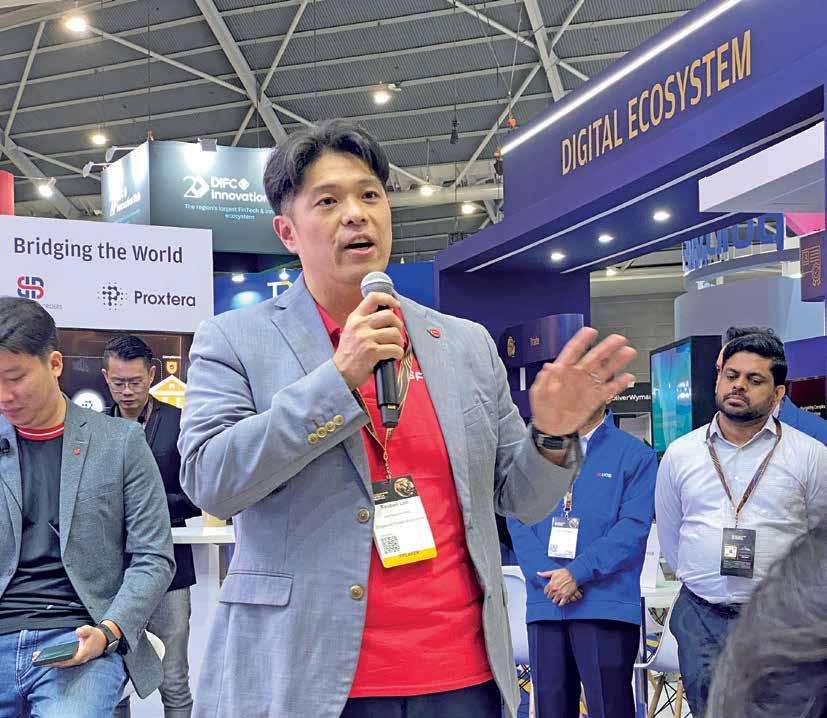
























































































































































































































































































































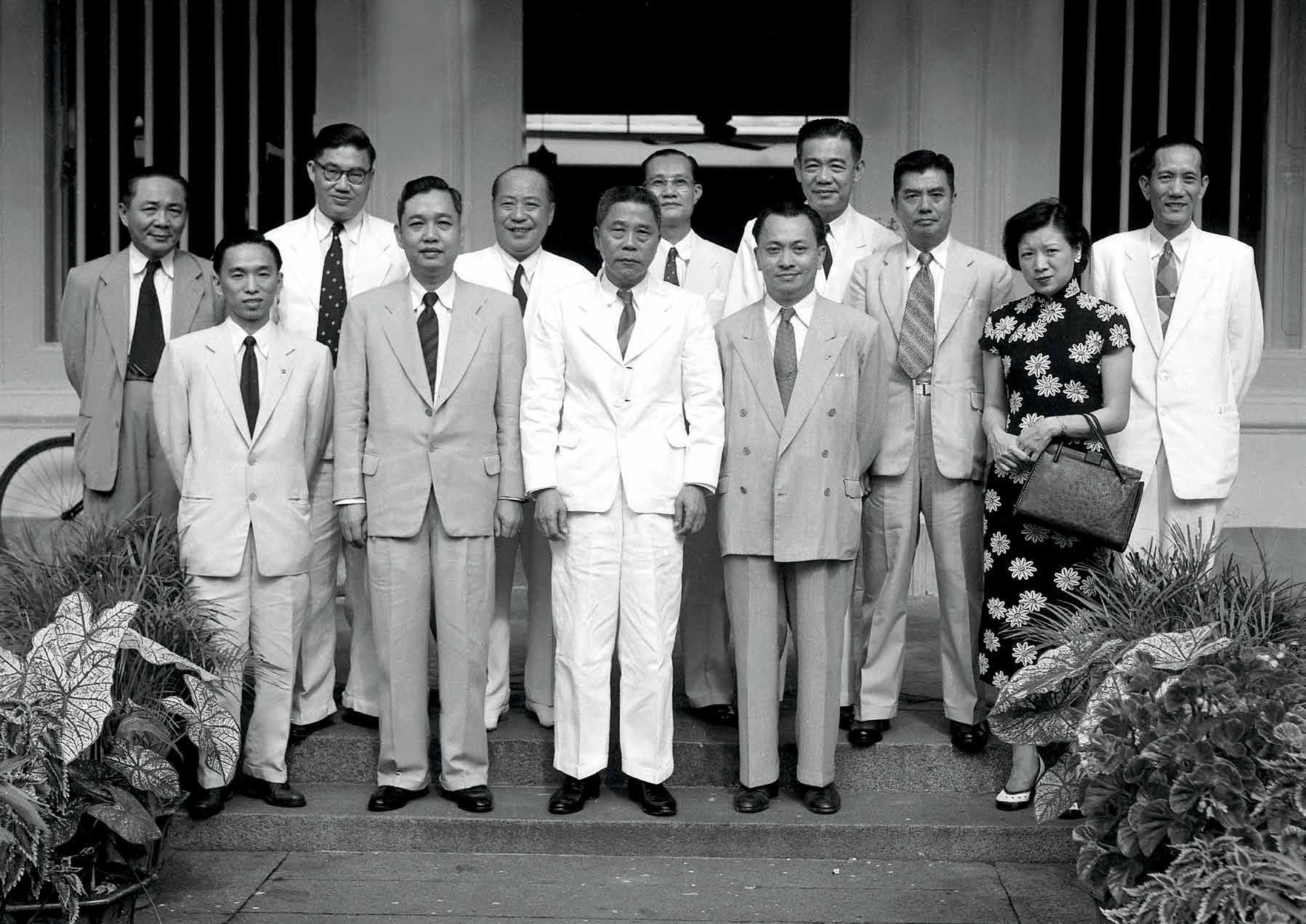



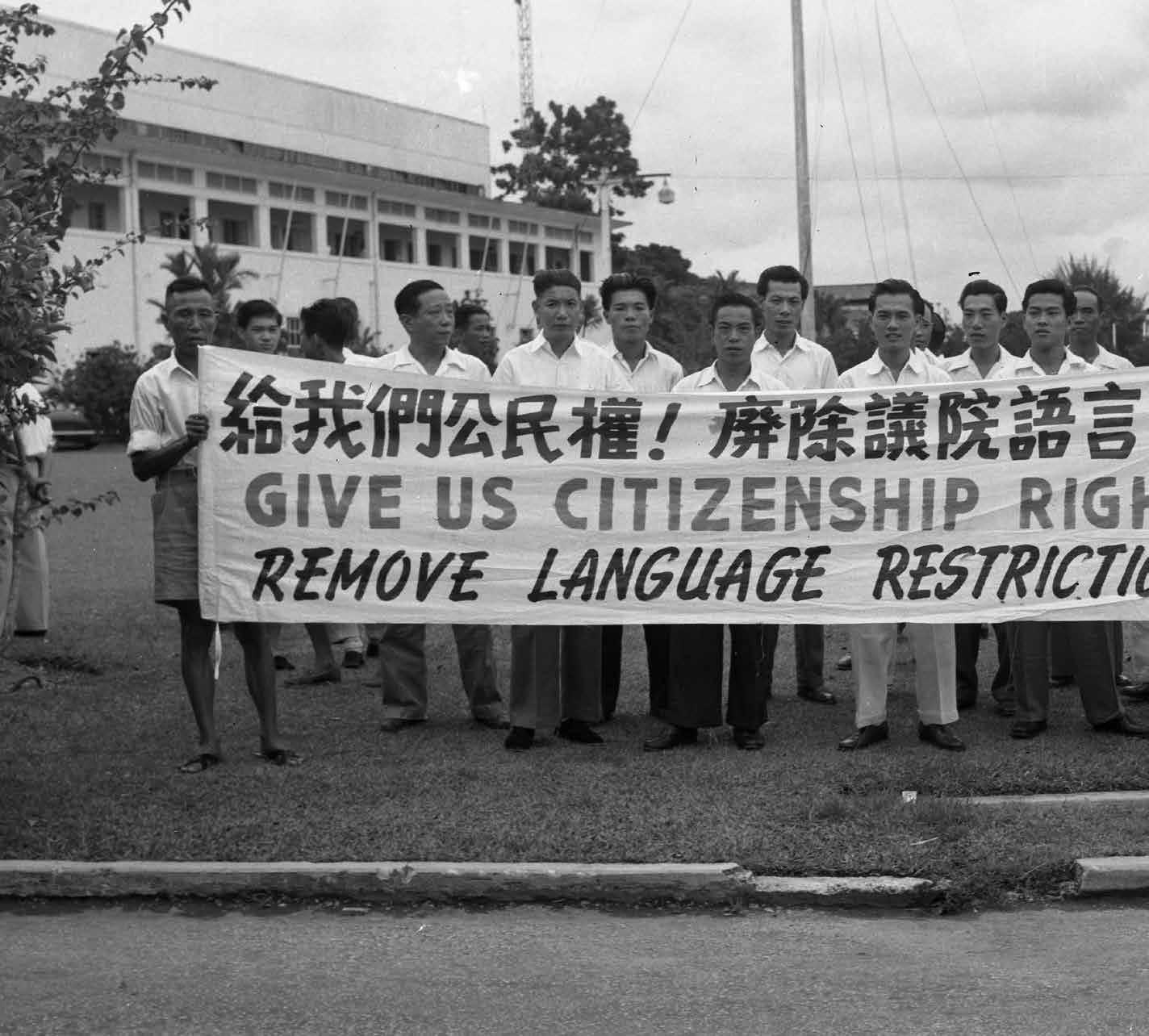
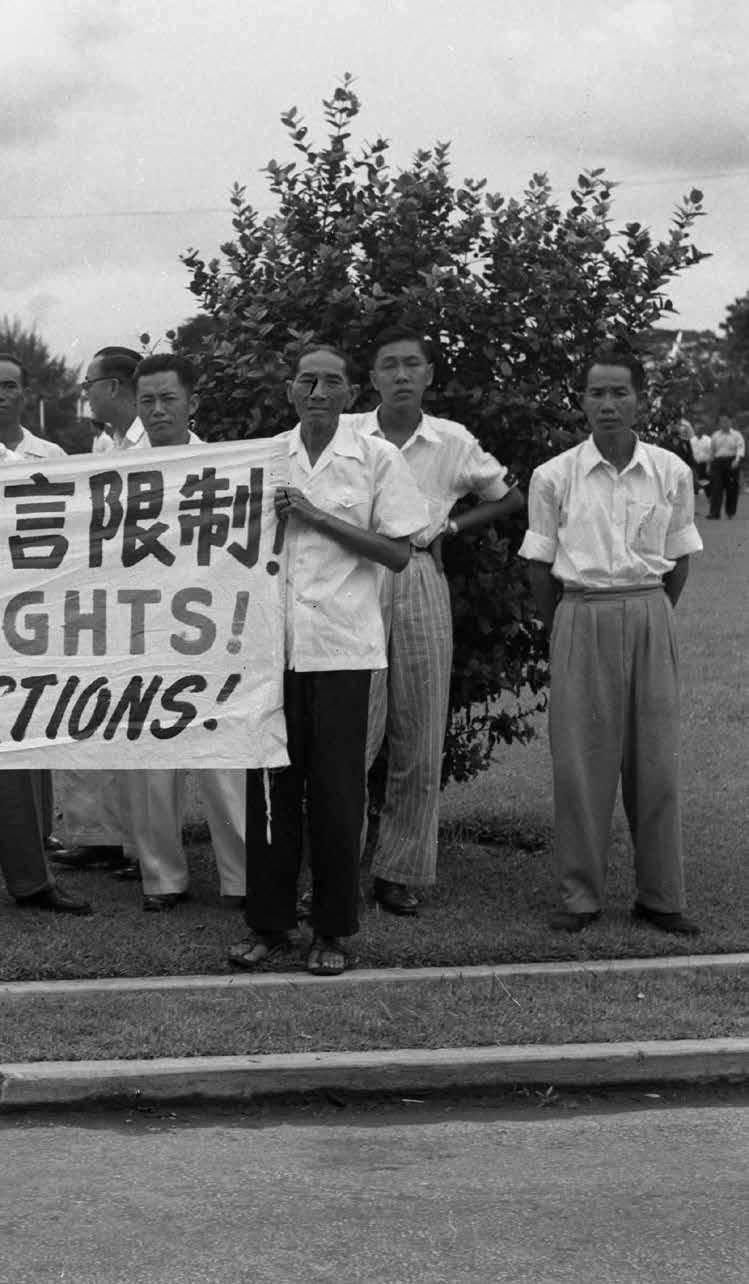
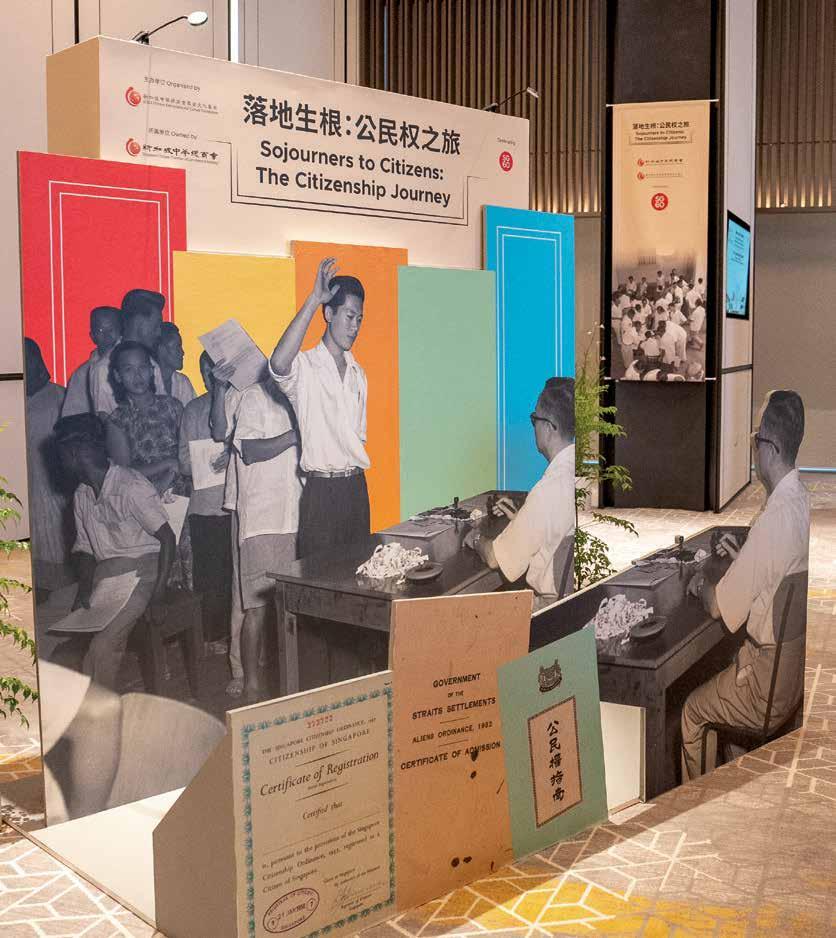



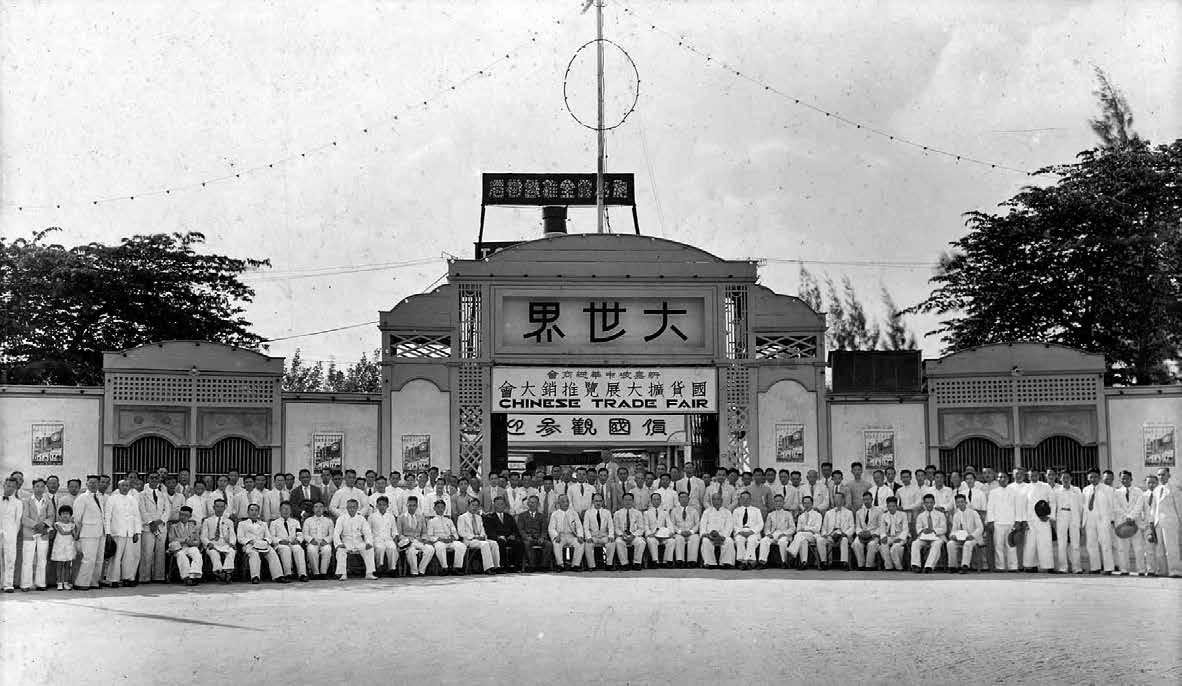

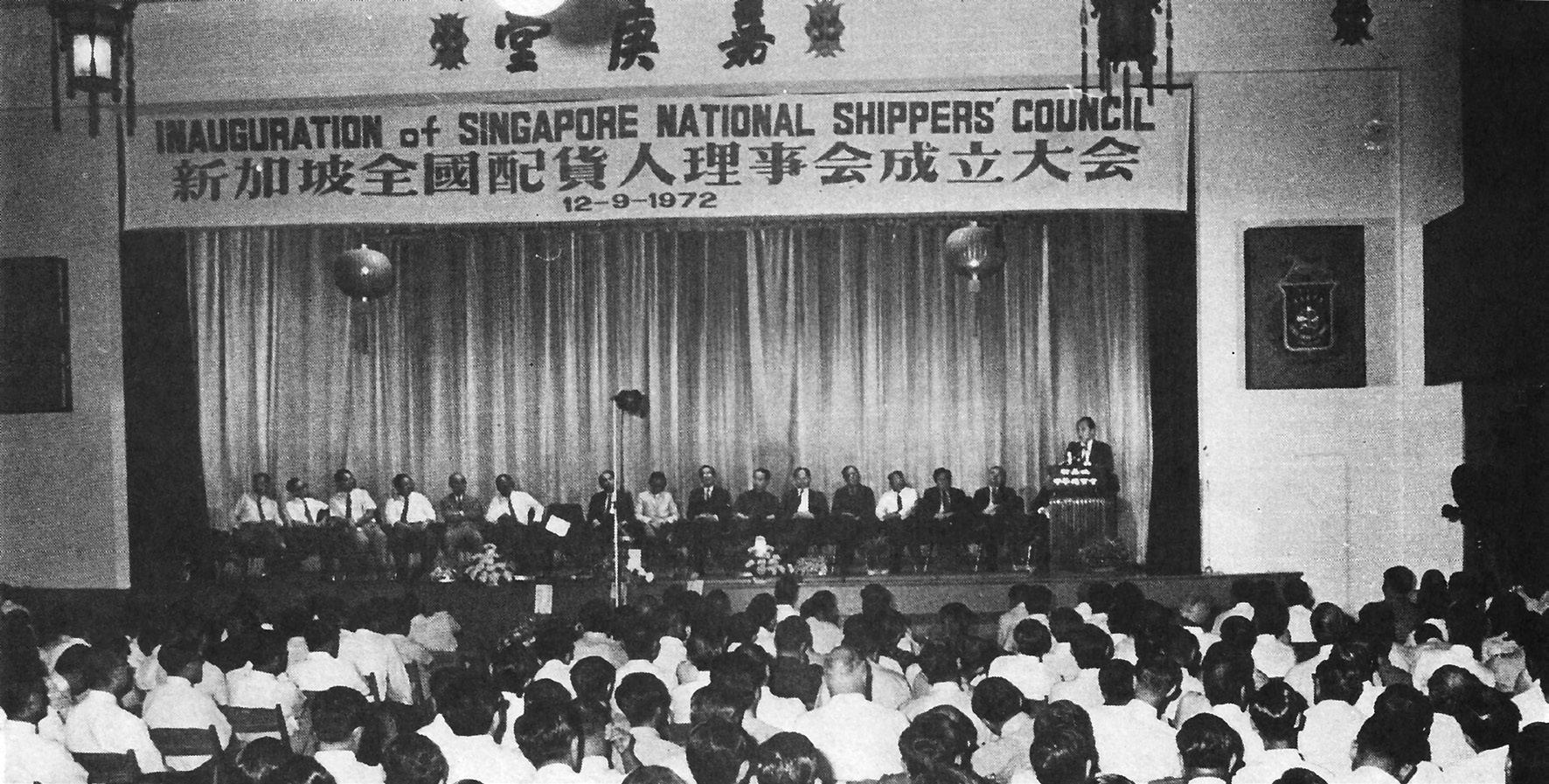

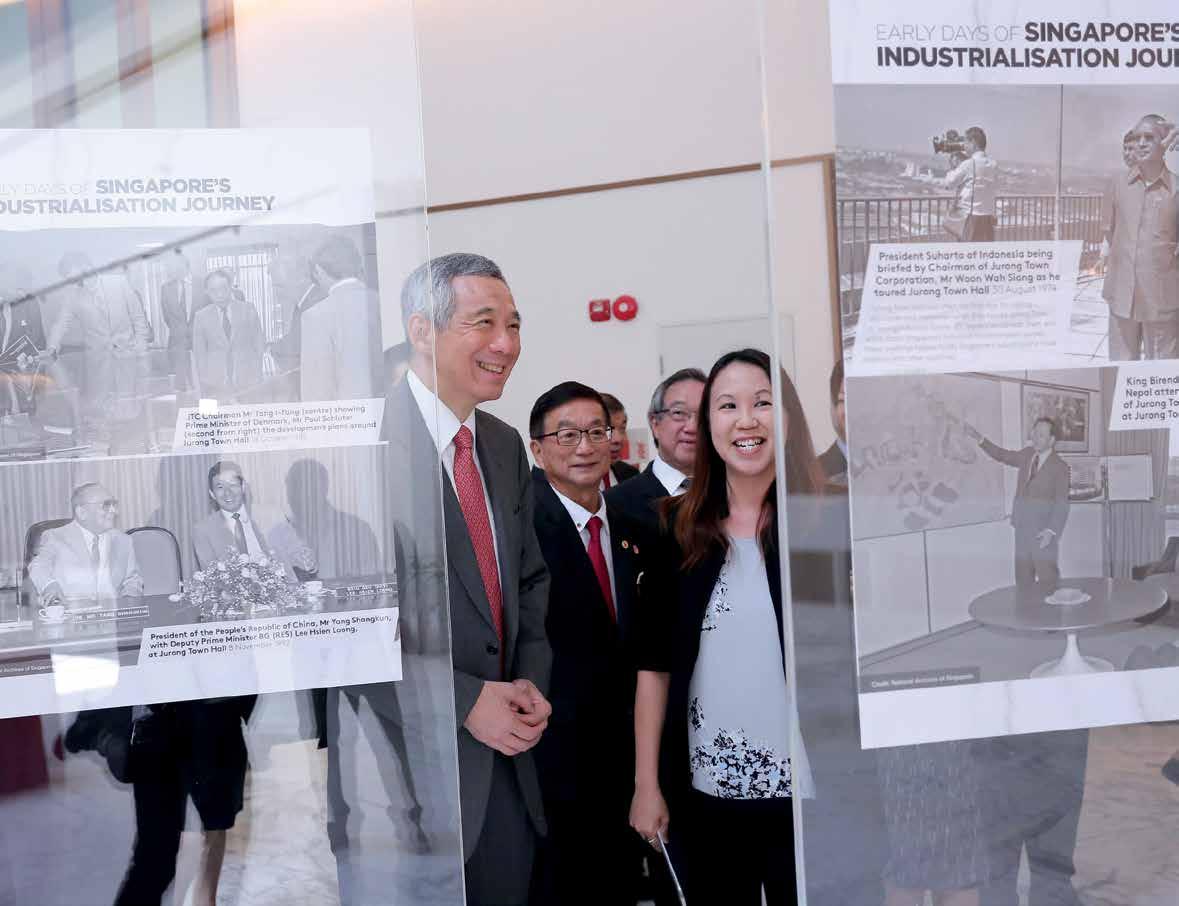


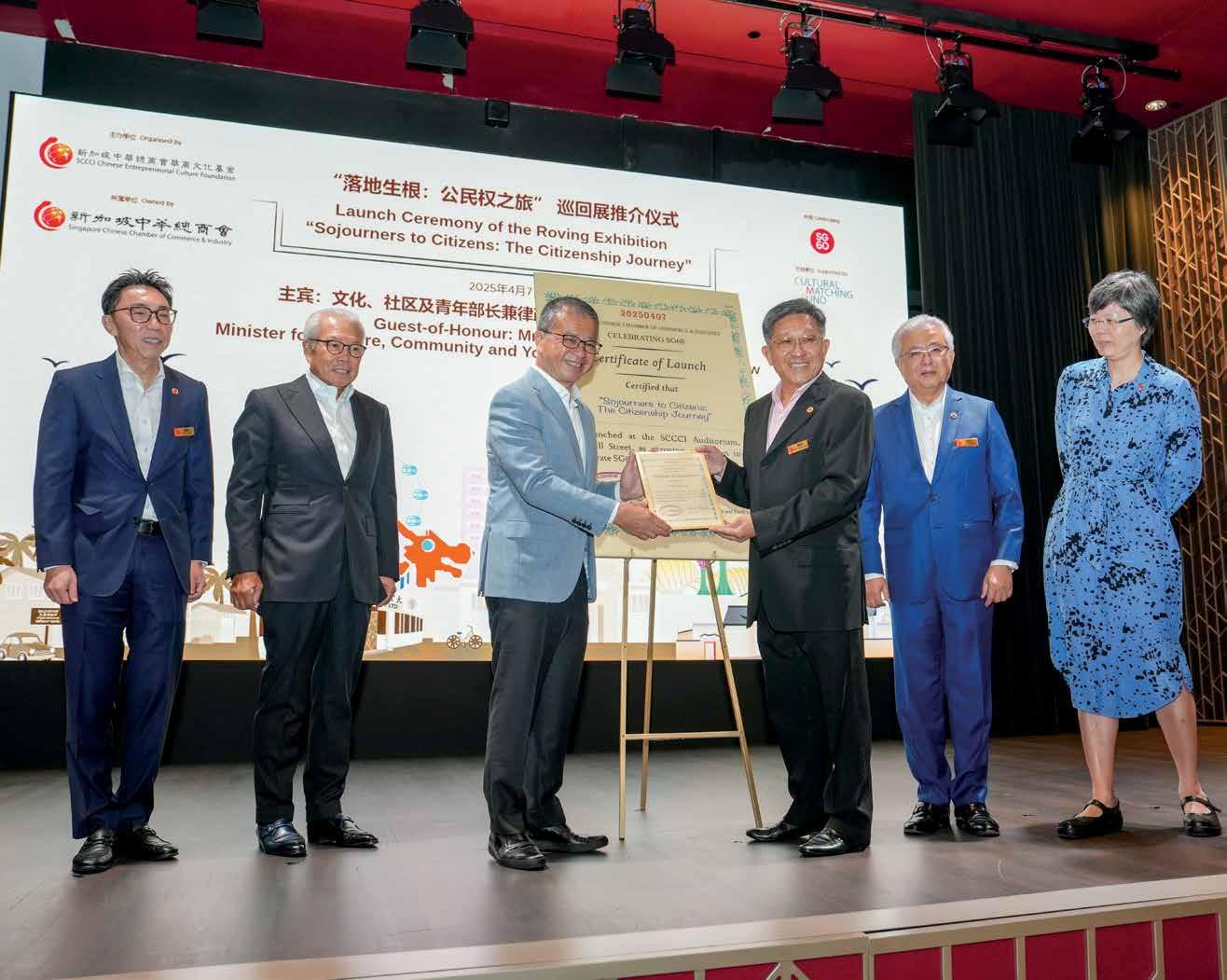

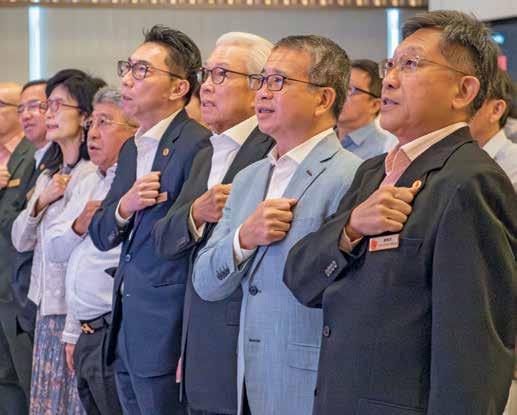

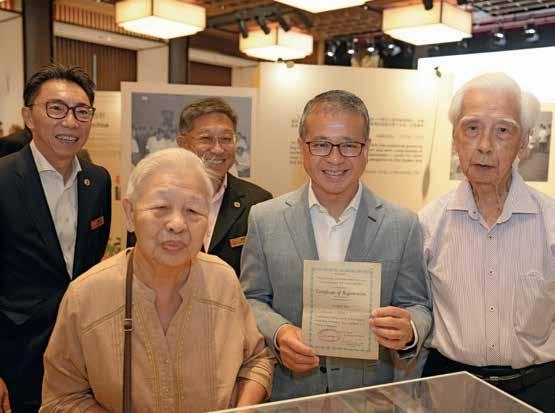


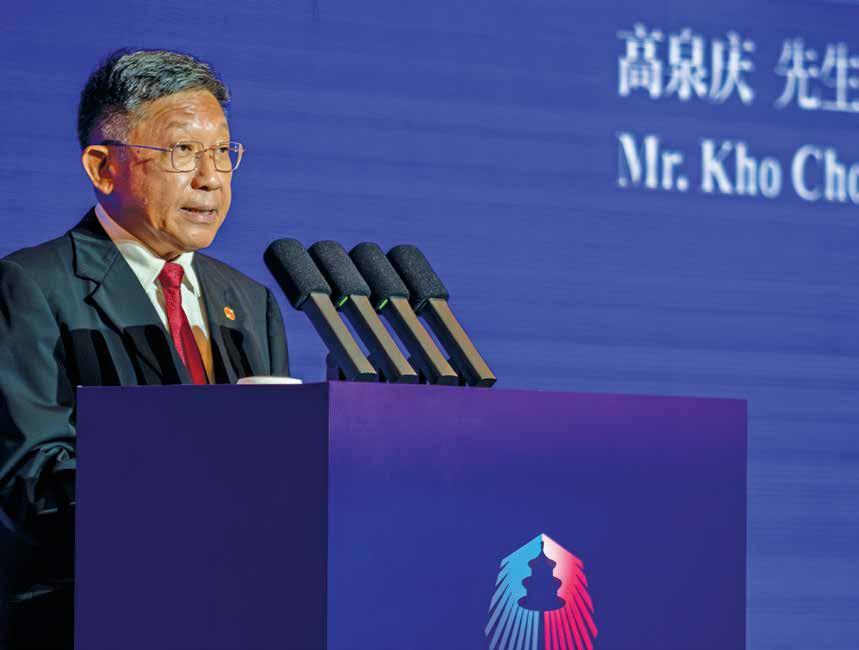







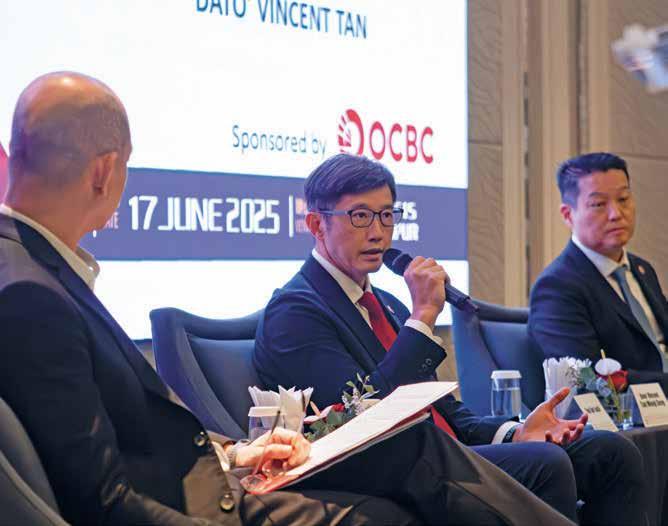
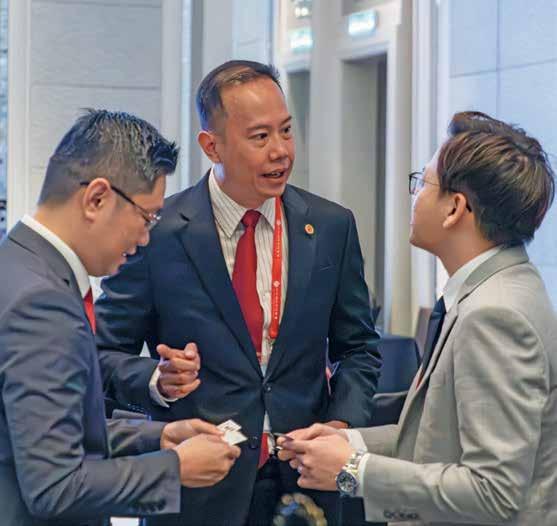
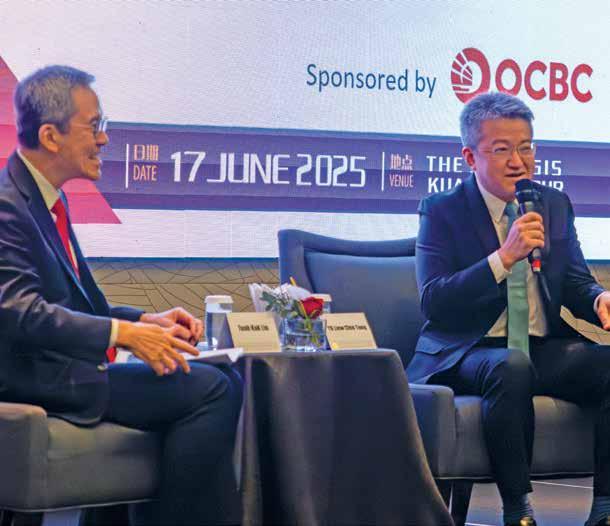

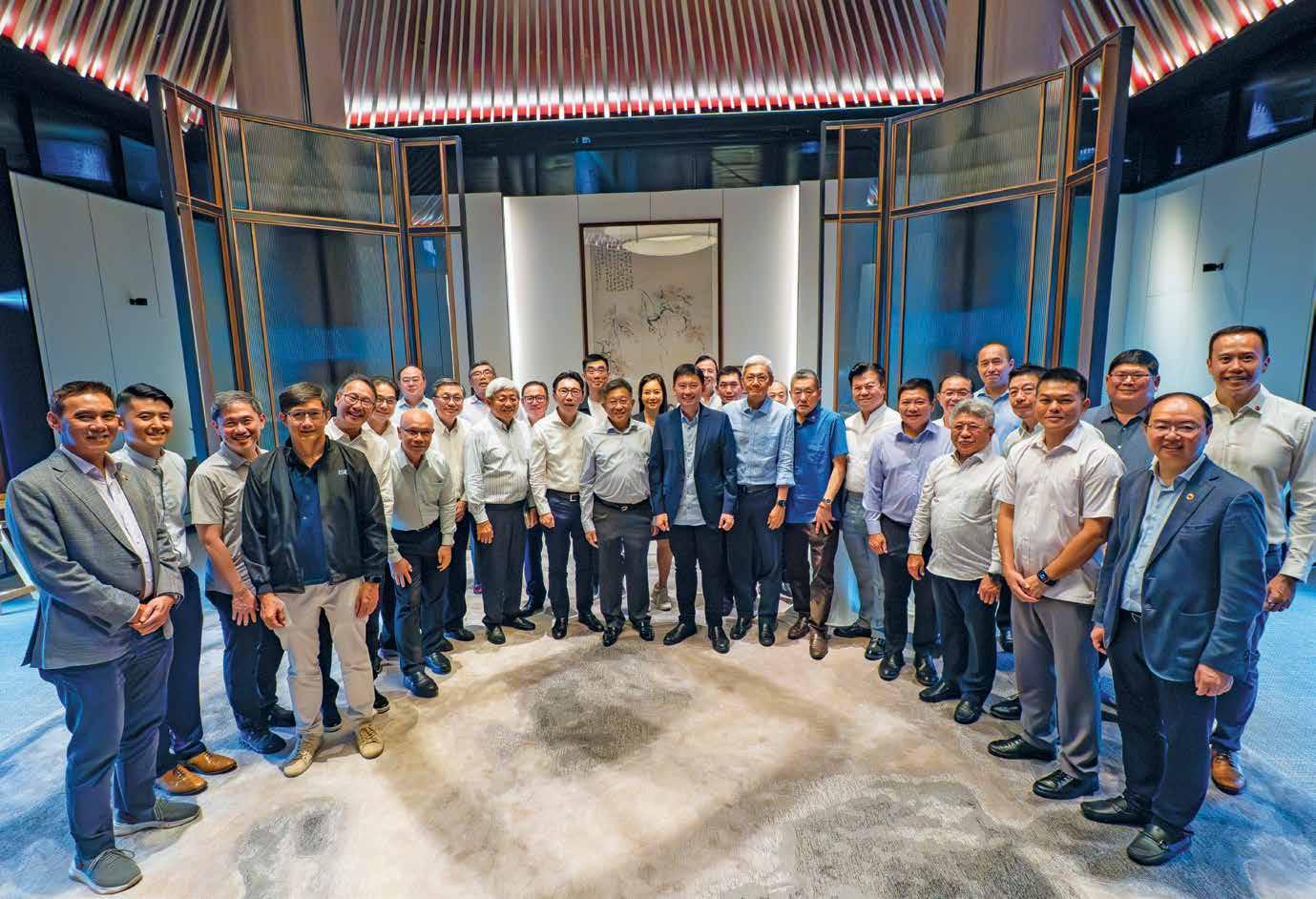








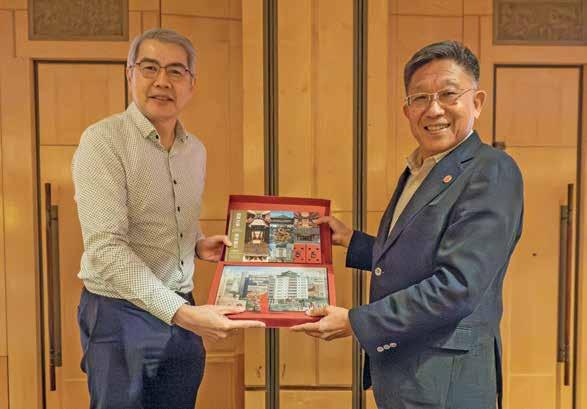
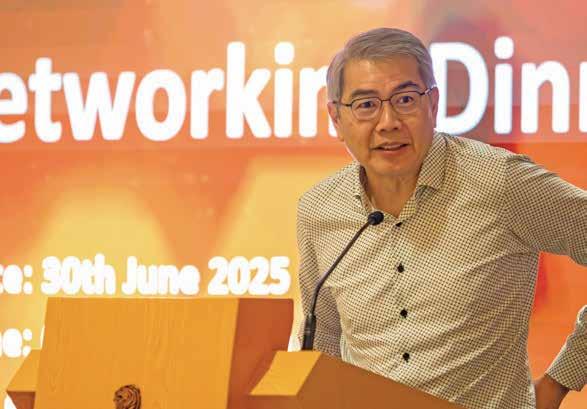
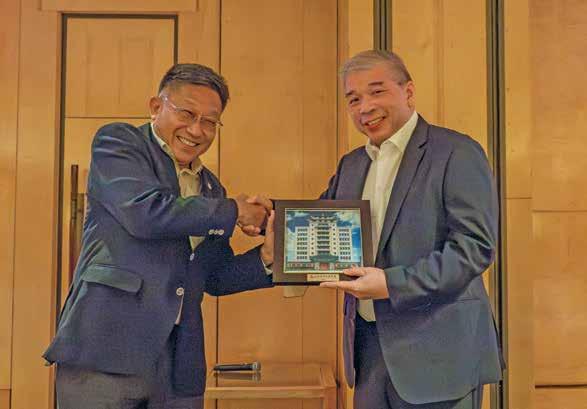
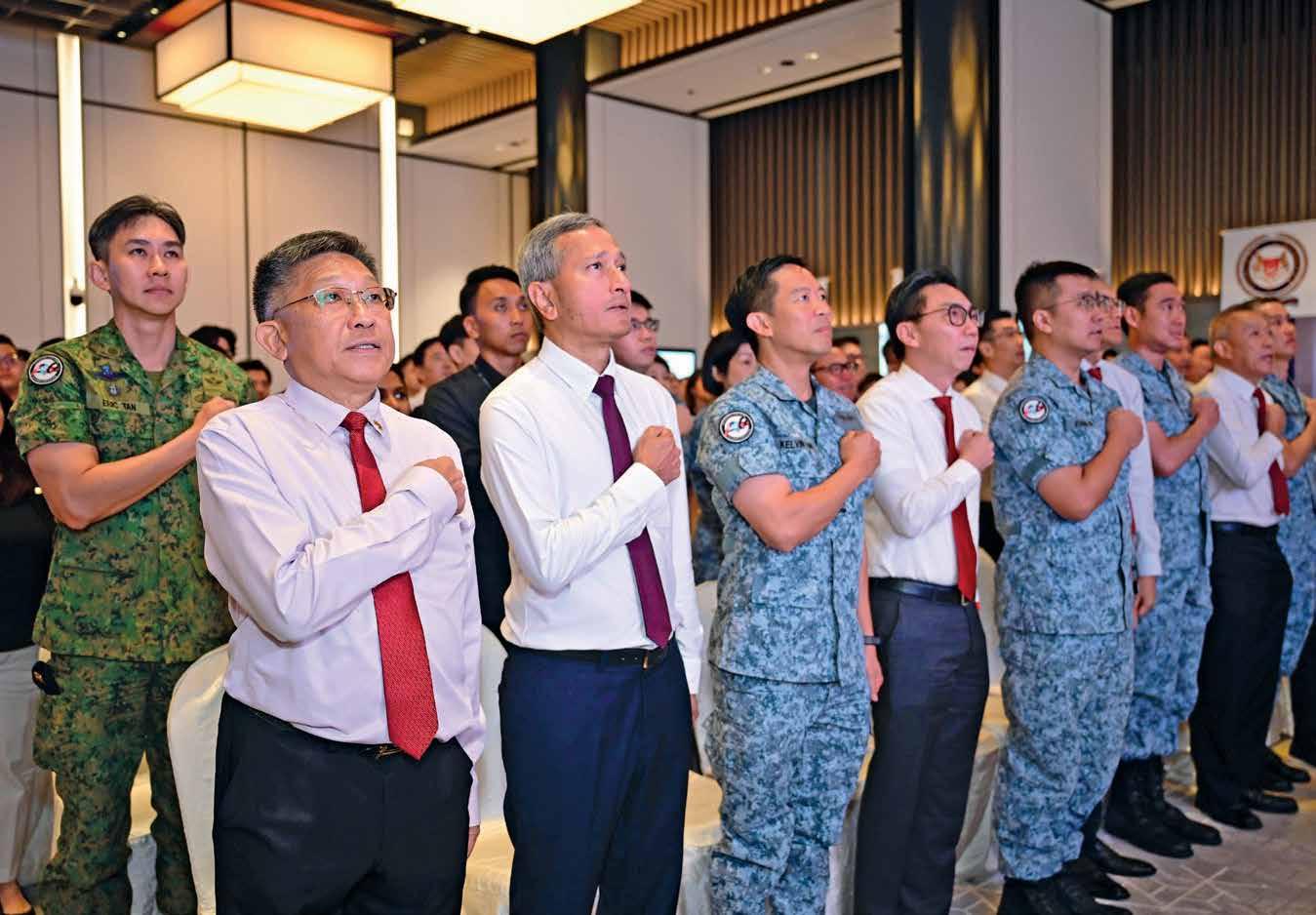

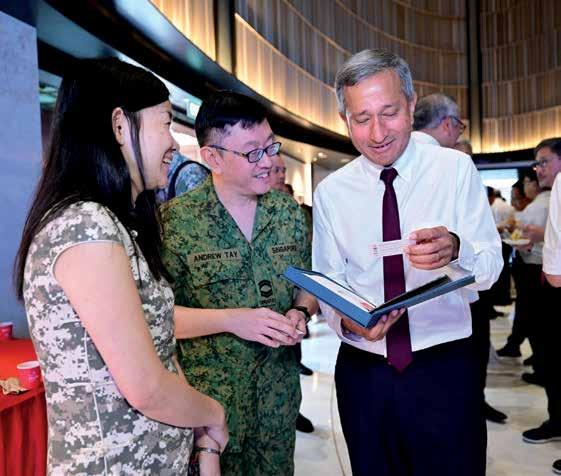
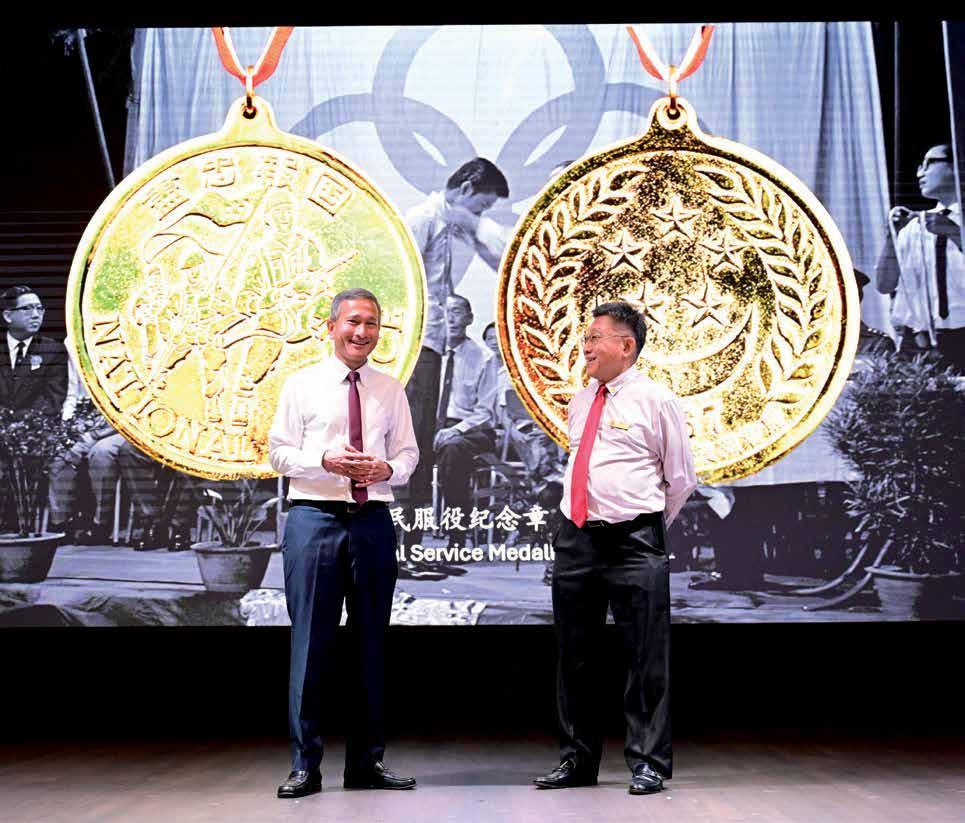

SAF DAY COMBINED REDEDICATION CEREMONY 2025
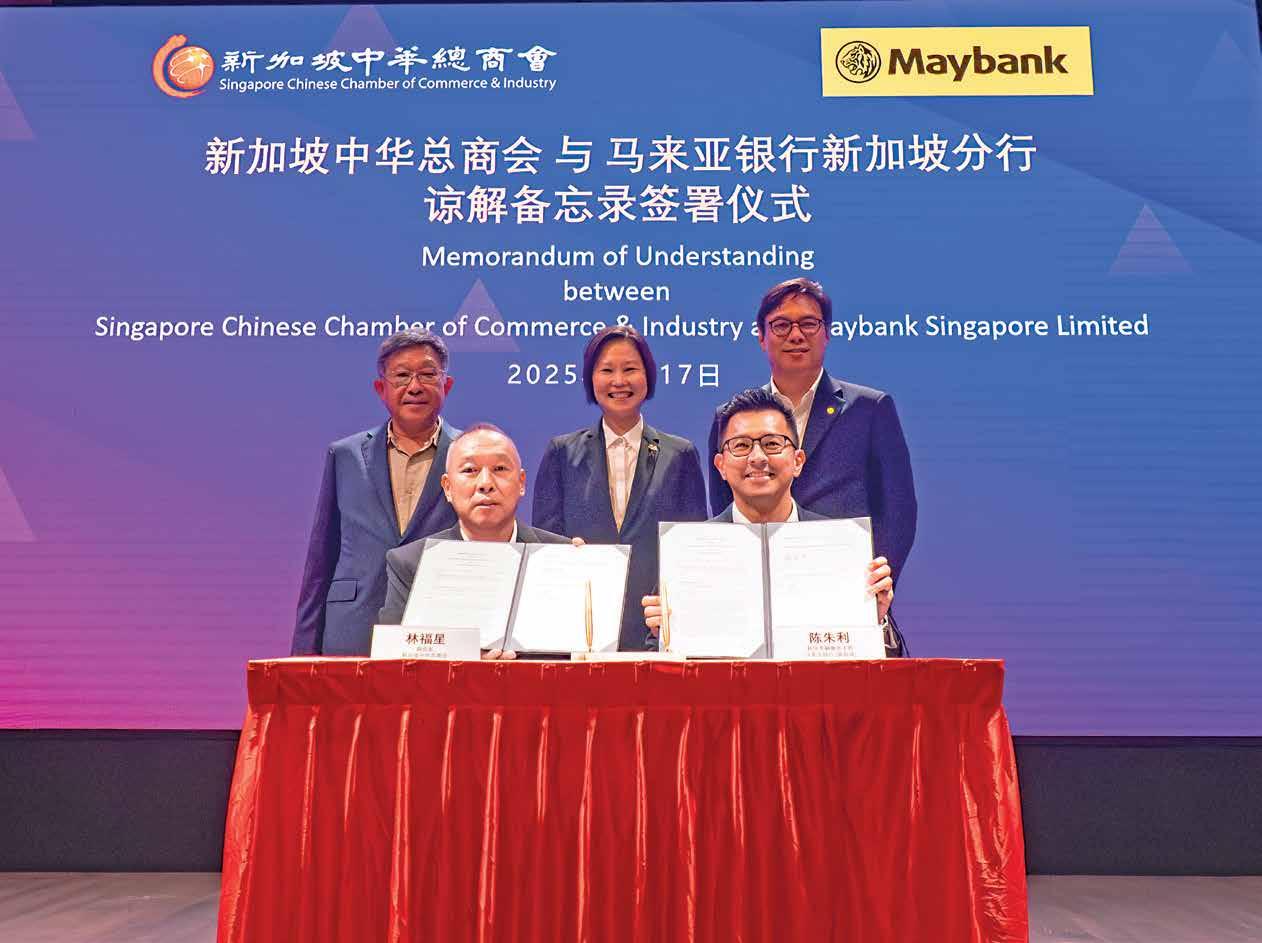


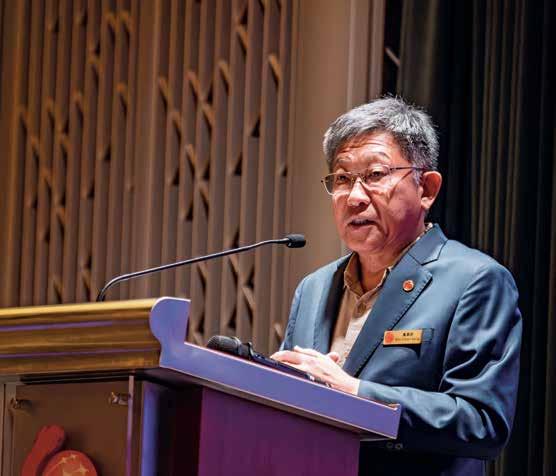


AIKEN DIGITAL PTE LTD
ALLBRIGHT LAW OFFICES (SINGAPORE) PTE LTD
ALVAREZ & MARSAL (SE ASIA) PTE LTD
ARROWDYNAMIC VENTURES PTE LTD
ASIA SAFE PTE LTD
ASIATIC FIRE SYSTEM PTE LTD
ASTRIA CONSULTING PTE LTD
BAY KENG LEONG
BELLAWIN PTE LTD
BERTDA SERVICES (SOUTHEAST ASIA) PRIVATE LIMITED
CHAN YUET HEI PHOEBE
CHEN JUAN
CHEN LIN NICOLE
CHEONG MEI LIN KEELY
CHUA YONG JUN DEXTER
CHUA ZHEN YANG ALOYSIUS
CNE INVESTMENT PTE LTD
CREDENCE MANAGEMENT CONSULTING PTE LTD
DEXIN ASSURANCE
DG-RICH HOLDING PTE LTD
DIGIMAGIC COMMUNICATIONS PTE LTD
ECOLE HOTELIERE DE LAUSANNE PTE LTD
ED&C
EPICSENSE ASSURANCE
FENG HUIYUAN
FORVIS MAZARS LLP
FUTUREEDGE BUSINESS ADVISORY PTE LTD
GETSOLAR PTE LTD
GOH WEI NAM MARTIN
HAN WEI
HE QIFANG
HELICONIA CAPITAL MANAGEMENT PTE LTD
HWA KONG TRADING CO (PTE) LTD
IMPETUS ASSURANCE PUBLIC ACCOUNTING CORPORATION
INNOMFG PTE LTD
INNOVARE MANAGEMENT SINGAPORE PTE LTD
JBS PRACTICE PUBLIC ACCOUNTING CORPORATION
JNC SECRETARIAL SERVICES PTE LTD
JT INTERNATIONAL SINGAPORE PTE LTD
JUKI SINGAPORE PTE LTD
KINGDEE INTERNATIONAL SOFTWARE GROUP (SINGAPORE) PTE LTD
KUO JING YING RACHEL
KUOK THAI LUK KELVIN
LI SHIRAN
LIM CHIN HUAI DESMOND
LIM JIONGTING
LIN HANWEI
LO YUE FAI LAWRENCE
LOH SENG YUE ALEX
LUMEN EDUCATION PTE LTD
LUO XIAO BRADY
MEJGA ENGINEERING TRADING PTE LTD
NANYANG VALLEY PTE LTD
OAKS LEGAL LLC
PANG HENG WEE
PDR GROUP (SEA) PTE LTD
PERFECT 7 PTE LTD
PROGRESSIVE SERVICES PTE LTD
SCENT JOURNER PTE LTD
SHARP LEARNERS TUITION AND ENRICHMENT CENTRE PTE LTD
SHENHAO (SINGAPORE) PTE LTD
SINGAPORE SING-CHINA INTERNATIONAL TRAINING GROUP PTE LTD
SKYHAWK CULTURE PTE LTD
SUN HUAHUA SOFIA
TAN & TEH
TAN GEK LIAN SHIRLEY
TAN NAN CHOON
TAY TENG YEW
TEH JUN WEN JENNIFER
TEO YI JIA SARAH MICHELLE
TOTAL ACCOUNTING SOLUTIONS KNOWLEDGE (TASK) PTE LTD
TRIKA (S) PTE LTD
TUV NORD (THAILAND) LTD (SINGAPORE BRANCH)
VISION FINANCIAL
WANG ANNI
WINSPIRE SOLUTIONS PTE LTD
XINHE GLOBAL COMMODITY SUPPLY CHAIN PTE LTD
YANG SHENGFANG
YEO HAK BOON MELVYN
YEW YI HUP KEE EATING HOUSE
ZHANG LIJUN
ZHANG XINYAN
ZHENG GUOSHAN
ZY FUTURE INTERNATIONAL PTE LTD
ANDREW TONG WAI KIT
YE FANG
KAREN LAU HIU YAN
SHERROY ONG BENG CHWEE
ZHAO XIAOHANG
BILL TAN SOON MUN
ALTON NEO CHUN HOW
BAY KENG LEONG
YANG JINFENG
CHEW KHENG CHIEW
PHOEBE CHAN YUET HEI
CHEN JUAN
NICOLE CHEN LIN
KEELY CHEONG MEI LIN
DEXTER CHUA YONG JUN
ALOYSIUS CHUA ZHEN YANG
LIU JIANHONG
LEONGCHOONG CHENG
ZHAO YANG
DIANA DAI XINHUA
DONALD LIM THENG SIONG
BAO CHEN
PAUL GOH TECK HONG
CHAN JINN YIN
FENG HUIYUAN
CHIN CHEE CHOON
ANG FUNG FUNG
CHEW BOLONG
MARTIN GOH WEI NAM
HAN WEI
HE QIFANG
CYNTHIA CHIA JIEHUI
PHILIP HONG KAI TIONG
TERENCE NG CHI HOU
HON CHONG EIK
BELINDA YU PUI LAM
JANAMANCHI BALASUBRAMANIAM
DENIECE WONG CHIAN PENG
BALA JOANNE ARCHANA
GOH TANG CHEOW
LIU YUJIE
RACHEL KUO JING YING
KELVIN KUOK THAI LUK
LI SHIRAN
DESMOND LIM CHIN HUAI
LIM JIONGTING
LIN HANWEI
LAWRENCE LO YUE FAI
ALEX LOH SENG YUE
YI TIANQI
BRADY LUO XIAO
TAY CHER KHIN
DELIA LIN WANNENG
LEE SOO CHYE
PANG HENG WEE
ASHER TAN PIT SHENG
CELESTE SEAH HUEI YI
GARY LOW XIACHAO
JOYCE LIAN CAIJUN
DUAN YUANYUAN
CHEN HUAN
XU JING
JIAO HAIYANG
SOFIA SUN HUAHUA
TEH KWANG HWEE
SHIRLEY TAN GEK LIAN
TAN NAN CHOON
TAY TENG YEW
JENNIFER TEH JUN WEN
SARAH MICHELLE TEO YI JIA
KENNETH HO KAH KIAT
TAN YONG KENG
SNOW NAW HNIN PWINT PHYUSON
KALYANAM VENKATESH
WANG ANNI
KULKARNI JITENDRA
WUREN JIRIGALA
YANG SHENGFANG
MELVYN YEO HAK BOON
ZHANG MEILAN
ZHANG LIJUN
ZHANG XINYAN
ZHENG GUOSHAN
WANG LINGREN
Founder & Group Chief Executive Officer
Head of Singapore Office
Tax Director
Director
Vice General Manager
Business Development Manager
Managing Director
Associate Branch Director
Group Chairman
Managing Director
Client Advisor
Director
Chief Executive Officer
Consultant
Not Applicable
Marketing Director
Vice Chairman
Executive Director
Partner
General Manager
Owner and Managing Director
Regional Director - Head of Business Development
Chief Executive Officer
Director
Project Manager
Partner, Audit & Assurance, Head of Business Development & Marcom
Director
Director
Principal Consultant
Project Manager
Managing Director
Chief Corporate Officer
Managing Director
Managing Director
Director
Director
Managing Director
Director
Director
Director
General Manager
Senior Product Manager
Not Applicable
Manager, Channels and Partnerships
Senior Director
Director
Managing Director
Director
Founder and Chief Executive Officer
Founder
Founder & Chief Executive Officer
Chairman
Founder & Director
Managing Director
Business Consultant
General Manager, Singapore
Chief Executive Officer
Partner
Creative Director
Director
Managing Director
Managing Director
Director
Head of Sales and Client Solutions
Managing Partner
Director, Membership Engagement
Director
Director
Secretary
Manager, Doctors’ Engagement
Director
Studio Manager
Head of Sales & Business Development
Director
Patent Attorney
Chief Executive Officer
Chief Executive
